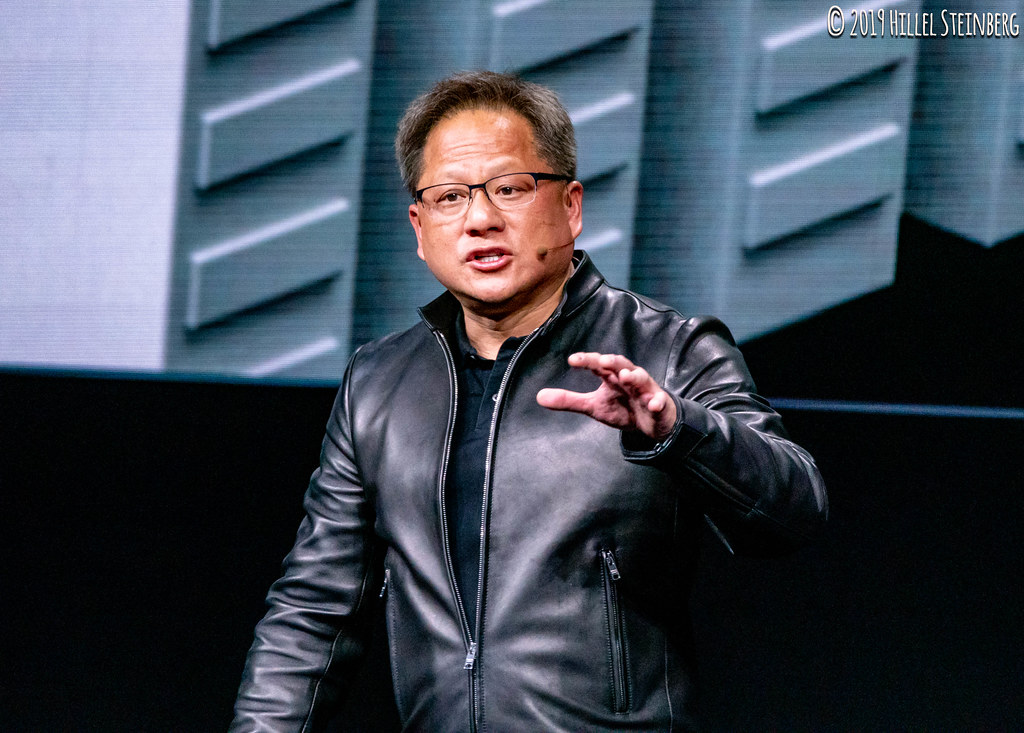
D-Wave Quantum’s CEO Alan Baratz recently took aim at Nvidia’s Jensen Huang, declaring him “dead wrong” regarding the timeline for quantum computers to achieve commercial viability. Huang, during a conference, suggested that it could take 15 to 30 years before quantum computing becomes commercially feasible. In stark contrast, Baratz emphasized that D-Wave is already operational and serving major clients.
Baratz pointed out that D-Wave’s systems are currently in use by significant corporations, including Mastercard and Japan’s NTT Docomo. These clients are leveraging D-Wave’s quantum technology to enhance their business operations, proving the practicality of quantum computing today.
“The reason he’s wrong is that we at D-Wave are commercial today,” Baratz asserted. He further criticized Huang’s comments, which contributed to a drop in stocks within the burgeoning industry. Following Huang’s remarks, D-Wave shares fell by 36% on Wednesday, despite having soared approximately 600% over the past year, bringing its market capitalization to $1.6 billion.
Baratz highlighted the capabilities of D-Wave’s systems, stating they can tackle problems beyond the reach of even the fastest Nvidia-equipped systems. This assertion comes amid a backdrop where Nvidia itself has seen its market cap rise by 168% in the past year to $3.4 trillion.
In the wake of Google’s announcement of a breakthrough in quantum research last December, investor interest in quantum technology has surged. This revitalization led D-Wave shares to skyrocket by 178% in December alone, following a previous 185% increase in November. Other competitors, such as Rigetti Computing, also experienced significant fluctuations, with their value quintupled last month before a drastic 45% decline on Wednesday.
Despite D-Wave’s market success, the company reported a 27% drop in sales for the latest quarter, with revenues falling to $1.9 million from $2.6 million a year prior. Nonetheless, Baratz remains optimistic about the future of quantum computing and its potential applications.
In a bid to bridge what he perceives as a knowledge gap, Baratz extended an invitation to Huang: “I’ll be happy to meet with Jensen any time, any place, to help fill in these gaps for him.” This offer underscores Baratz’s commitment to educating industry leaders on the current state and capabilities of quantum technology.
Author’s Opinion
Alan Baratz’s assertive stance against Jensen Huang’s predictions highlights a significant divide in perceptions about the readiness and commercial viability of quantum computing. While skepticism like Huang’s is common in emerging technologies, D-Wave’s operational success with major clients suggests that practical quantum computing applications are closer than some might believe. This debate is crucial as it not only affects investor sentiment but also influences the direction of future research and development in the field. As the technology continues to evolve, it will be important for industry leaders to communicate clearly and collaborate to navigate the complexities of quantum computing effectively.
Featured image credit: Hillel Steinberg via Flickr
Follow us for more breaking news on DMR
Source: https://digitalmarketreports.com/news/32445/d-wave-ceo-challenges-nvidias-quantum-computing-outlook/
